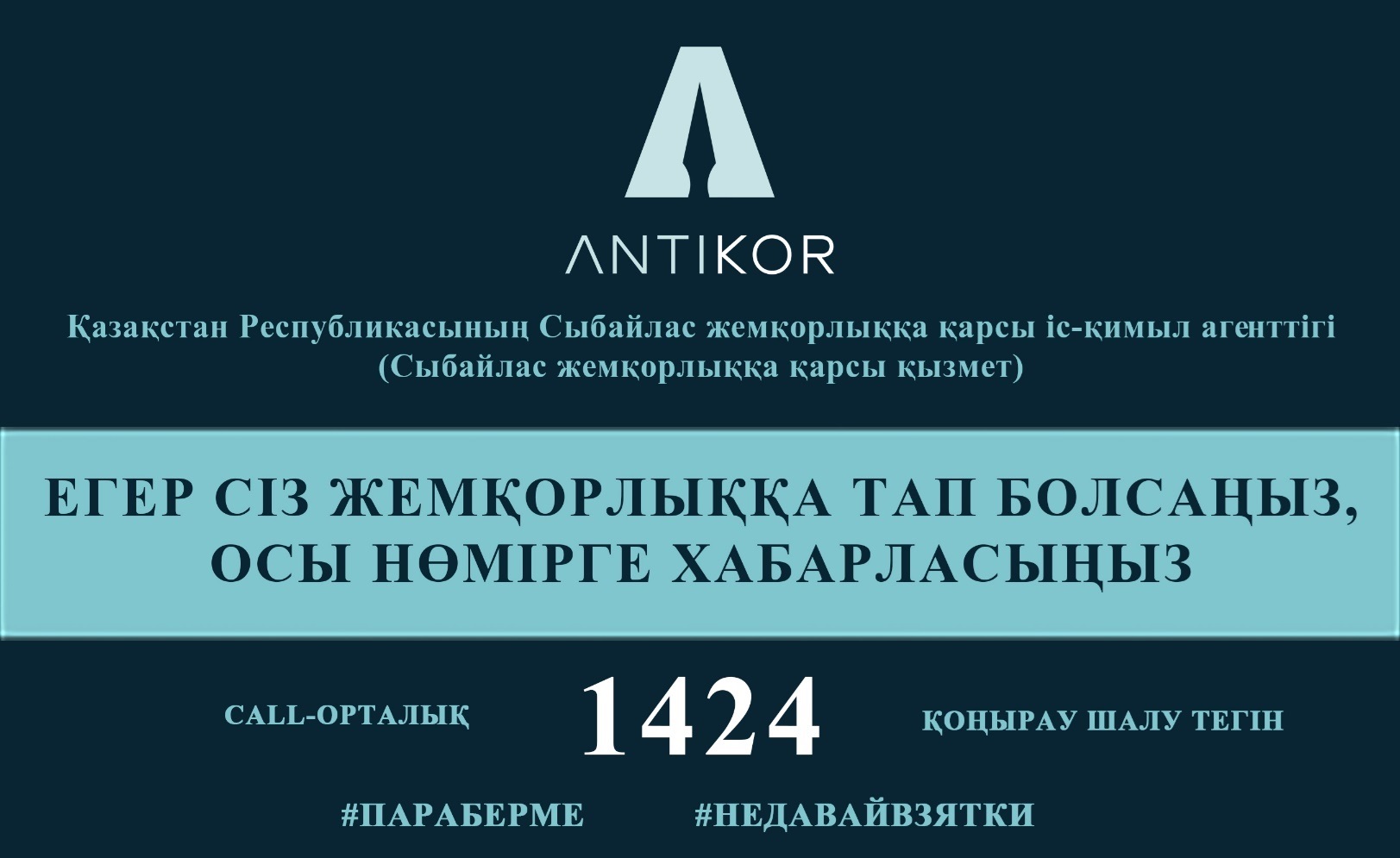
Оқылым дағдысын дамыту
Eltai secondary school
Developing reading skills

Mukusheva A.Zh.
2018-2019 year
Developing reading skills
Reading skills
The art of reading is mainly a matter of concentrating on the import of the written words, and not on the words themselves. Words are merely the medium whereby the massage of the writeris conveyed to the reader.
A pupil is said to have acquired correct reading habits when he can focus his attention on the massage and not on the form; when he treats the text as a familiar form of discourse and not as a task in a deciphering. He is reader in the true sense when he ‘ sees through a window to the view outside without consciousness of the glass.
It was difficult to arrive at this stage under the old translation method which concentrated on the single word and made the pupil conscious of its association with the corresponding word in the mother-tongue. Reading by word-concentration is a pernicious method corresponding to typing with one finger; it can by practice lead to a certain proficiency, but not to the required skills.
Training technique. There appear to be two schools of opinion on the technique to be adopted for the training of the pupil. One favours silent reading from the outset, the other oral reading.

Silent reading. The case for silent reading as both an end and a means might be stated as follows:
1. This is modern reaction from the traditional form of language lesson in which oral reading predominated.
2. Oral reading on traditional lines virtually converted a collective lesson into a series of short individual lessons.
3. Silent reading is claimed to be eye- as opposed to lip-reading. The eye movements are rapid and can skip across the written pages by concentrating on key words.
4. Silent reading keeps the whole class active and enables the teacher to assist the weaker pupils.
5. It enables the pupils to work at their respective paces and thus solves the difficulties of extreme types.
6. The practice of silent reading in class prepares the pupils for library on their own.
7. In introduces the pupils to the art of skimming.
8. Oral reading is a specific skill which it is not essential for all the pupils to acquire.
Oral reading.

The arguments in favour of oral reading are:
1. Reading aloud is a form of speech prompted by written symbols; it is an aid to speech fluency, correct pronunciation and intonation.
2. If correct silent reading implies the application of a particular technique (eye movements over word-groups) the children must first be shown how achieve it by example.
3. The words on the printed page are inert symbols which come to life when read out by a good reader. The teacher’s rending of a text is too valuable to be dispensed with.
4. As vocabulary is an important consideration, it ought to be presented to the ear as well as to the eye.
5. Concert reading (in the early stage) is an alternative means of achieving general activity.
6. Silent reading may be carried on at home, but the classroom is the only place for controlled oral reading.
7. Oral reading provides a means of testing comprehension and checks superficial study resulting from attention to content and not to details.
8. Intensive reading is more important than extensive reading in the early stages and for the greater part of the course, indeed. ‘Skimming’ is not a desirable habit, particularly for school-children.
Progressive stages. As reading is a skill for which the pupil must be trained, it is advisable to proceed in series of progressive stages with each serving as preparation for the next. The ultimate aim is free reading by pupil unaided by the teacher but with the occasional aid of the dictionary. The end, however, need not also be the means; the early stages may have objectives of their own differing from that of the ultimate aim.
There is a tendency to regard writing as synonymous with written composition, and proficiency in this skills as ability to discuss any topic in writing.
In the foreign-language course, however, the writing skill must be interpreted more broadly as the ability to represent words by means of written symbols.
Translating children’s everyday uses of print into classroom practice. In the early 1970s, a generally accepted definition of reading seemed to be that it was the meaningful interpretation of written or printed symbols. At that time, researchers in reading moved away from curriculum research which compared methods in the teaching of reading to theory-based research which focused upon the process of reading (Gibson and Levin 1975). The emphasis in the field was upon the discovery of the underlying cognitive process of reading behavior as researchers struggled for recognition of their work as a legitimate scientific endeavor. Reading had become a complicated psycholinguistic process, a solitary effort which took place somewhere between the reader and text. In turn, learning to read in schools became a series of diagnostic events as the finding of theory-based research were linked with the criterion referenced testing movement of the 1970s and decade’s strong desire for accountability.

Using games
The advantages of using games. Many experienced textbook and methodology manuals writers have argued that games are not just time-filling activities but have a great educational value. W. R. Lee holds that most language games make learners use the language instead of thinking about learning the correct forms. He also says that games should be treated as central not peripheral to the foreign language teaching programme. A similar opinion is expressed by Richard-Amato, who believes games to be fun but warns against overlooking their pedagogical value, particularly in foreign language teaching. There are many advantages of using games. "Games can lower anxiety, thus making the acquisition of input more likely" (Richard-Amato).

They are highly motivating and entertaining, and they can give shy students more opportunity to express their opinions and feelings (Hansen). They also enable learners to acquire new experiences within a foreign language which are not always possible during a typical lesson. Furthermore, to quote Richard-Amato, they, "add diversion to the regular classroom activities," break the ice, "[but also] they are used to introduce new ideas". In the easy, relaxed atmosphere which is created by using games, students remember things faster and better (Wierus and Wierus ). Further support comes from Zdybiewska, who believes games to be a good way of practicing language, for they provide a model of what learners will use the language for in real life in the future.
Games encourage, entertain, teach, and promote fluency. If not for any of these reasons, they should be used just because they help students see beauty in a foreign language and not just problems .
Choosing appropriate games. There are many factors to consider while discussing games, one of which is appropriacy. Teachers should be very careful about choosing games if they want to make them profitable for the learning process. If games are to bring desired results, they must correspond to either the student's level, or age, or to the material that is to be introduced or practiced. Not all games are appropriate for all students irrespective of their age. Different age groups require various topics, materials, and modes of games. For example, children benefit most from games which require moving around, imitating a model, competing between groups and the like. Furthermore, structural games that practice or reinforce a certain grammatical aspect of language have to relate to students' abilities and prior knowledge. Games become difficult when the task or the topic is unsuitable or outside the student's experience. Another factor influencing the choice of a game is its length and the time necessary for its completion. Many games have a time limit, but according to Siek-Piskozub, the teacher can either allocate more or less time depending on the students' level, the number of people in a group, or the knowledge of the rules of a game etc.




 Мектепке дейінгі балалар ұйымына жолдама қалай алуға болады
Мектепке дейінгі балалар ұйымына жолдама қалай алуға болады
 Мектепке тіркеу үшін құжаттарды қабылдау
Мектепке тіркеу үшін құжаттарды қабылдау

 Мемлекеттік қызмет көрсету...
Мемлекеттік қызмет көрсету...














